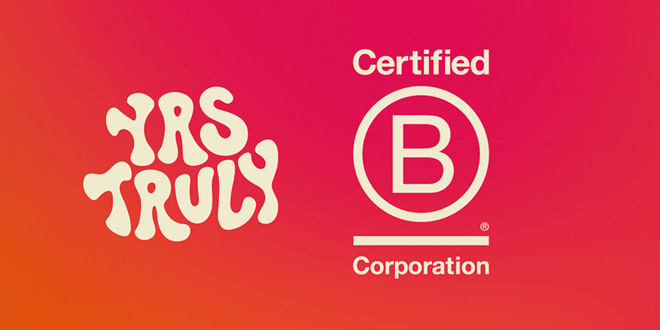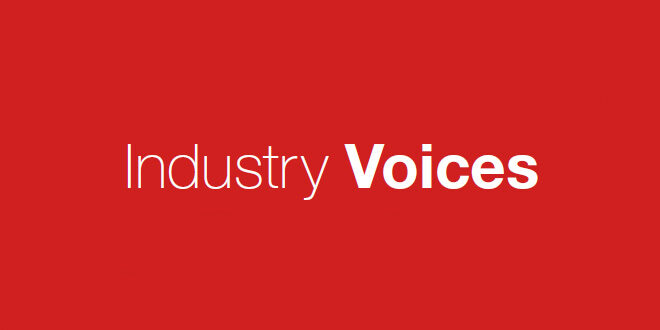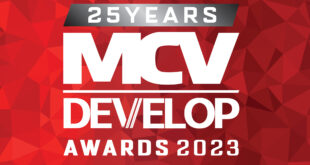 by MJ Widomska, founder and director of YRS TRULY
by MJ Widomska, founder and director of YRS TRULY
If I asked you to imagine what a sustainability activist looks like, you’re probably not thinking of corporate entities in business parks. Rightfully so, as businesses tend to do more harm than good, given that their ultimate goal is to maximise profits and minimise expenses; sustainability can’t compete with exploitative labour on profit margins.
But there’s a growing community of businesses that think you don’t need to be a non-profit to prioritise purpose. B Lab – itself a non-profit – has been certifying companies dedicated to reaching the highest levels of social and environmental responsibility since 2006. These companies, known as B Corps, built a global community on the shared belief that business can be a force for good.
It’s not easy to get in – and it shouldn’t be. The rigorous verification process checks your ethical credentials in five key areas: Governance, Workers, Community, Environment and Customers. That means anything from how you assure the quality of your products (whatever they may be), to diversity at the leadership level. While the median score for ordinary businesses is 50.9, you need to reach 80 to receive your certification. As a freshly-verified B Corp, we were overjoyed with our 94.6. It feels like a validation that what we’ve been doing so far works, but it’s also inspiring us to do more.
If you’re starting from scratch, getting outside accreditation won’t be your first choice. In fact, that first step may seem daunting; there are layers upon layers of procedure, solidified through years of work. Disrupting that may feel like poking a lion and upsetting a precarious balance that keeps everything in place.
But, really – do we have a choice?
We need to do better not just because we’re all impacted by the climate crisis, but also because the way we do business is changing. If you don’t keep up, your staff will leave, and eventually so will your customers. It won’t happen overnight, but it’s no secret that millennials and Gen Zs (who already dominate the market in size and will soon in purchasing power) care about sustainability and make consumer choices that align with their views. Doing good business is good business.

With that in mind, how do you even begin?
You can’t start making changes without having a full understanding of the ways that your business impacts the world. Adding separate paper and plastic recycling into your office probably won’t make a big difference if your subsidiary dumps toxic waste into the sea twice a week and the men in your company earn ten times what the women do. Involve your managers, speak to your staff, and bring in a consultant, all with the goal of getting a clearer view of your business.
Once you’ve identified which areas you can improve, whether environmental or social, you can start planning your next steps. As you map out your ideas, make sure to keep your staff involved. They’re likely to be the ones implementing and living with the changes you’ve proposed, so you want to make sure that they’re on board. At the same time, don’t let naysayers convince you to make your policies softer, worse, slower, weaker. Don’t be afraid to plan big (within reason).
As you carry out changes, make sure you have a framework for reporting in place. Otherwise, you’ll have a hard time convincing any decision-makers to make the new policies permanent – or persuading other businesses to follow suit. I’d recommend an anonymous employee survey, but you may already have other suitable schemes in place. Once you’ve successfully implemented the changes and made them permanent, prepare to… repeat. Perfection doesn’t exist. Through the B Corp verification process, we found out we were lacking in areas that we didn’t even consider before. So, we set out to improve.
If you’re wondering what you can change now with minimum effort and maximum impact, I’d suggest going plant-based. Whether you have an on-site canteen, treat your employees to meals or buy office snacks, opting for exclusively vegetarian or vegan options can make a bigger difference than you think. Your big vegan order may convince a local restaurant to add more plant-based dishes to their menu, which may in turn get more people to choose them when dining out.
Similarly, you can make car or air travel less enticing by subsidising bikes and train tickets and providing in-office bike infrastructure. Many short-haul flights can be easily replaced with train journeys. Sending your team to Gamescom? Take a train from London to Cologne, which takes a little over five hours with one short change.
On a deeper level, take a critical look at your hiring decisions. If your applicants skew overwhelmingly male, you may want to reconsider the language you use when writing the job descriptions. It’s also likely that if your founders, leadership and management are men, they’ll be biased to hire men – who will in turn create work that attracts primarily men. Find a way to fix this, or become uncompetitive in an industry that’s in need of diverse viewpoints and ideas.
You may want to involve a third party to keep the business accountable. I recommend taking Ukie’s Raise the Game pledge to ensure you’re playing a part in making the games industry more inclusive and equitable. If you produce any physical product, you may want to get the Climate Neutral certification. Maybe you’ll be able to keep yourself accountable by regularly reporting on your conduct to your employees and customers.
B Corp certification felt like a natural next step for us, as ethical conduct has always been a big part of how we work. After all, our ultimate goal is to bring new and previously under-served audiences into gaming, and ensure that they feel welcome in the community. We remain committed to not making the world a worse place – and hope to convince others to do the same.
The gaming industry has a massive unrealised potential to do good. Let’s follow through on it – every gaming business can play its part.

 MCV/DEVELOP News, events, research and jobs from the games industry
MCV/DEVELOP News, events, research and jobs from the games industry




